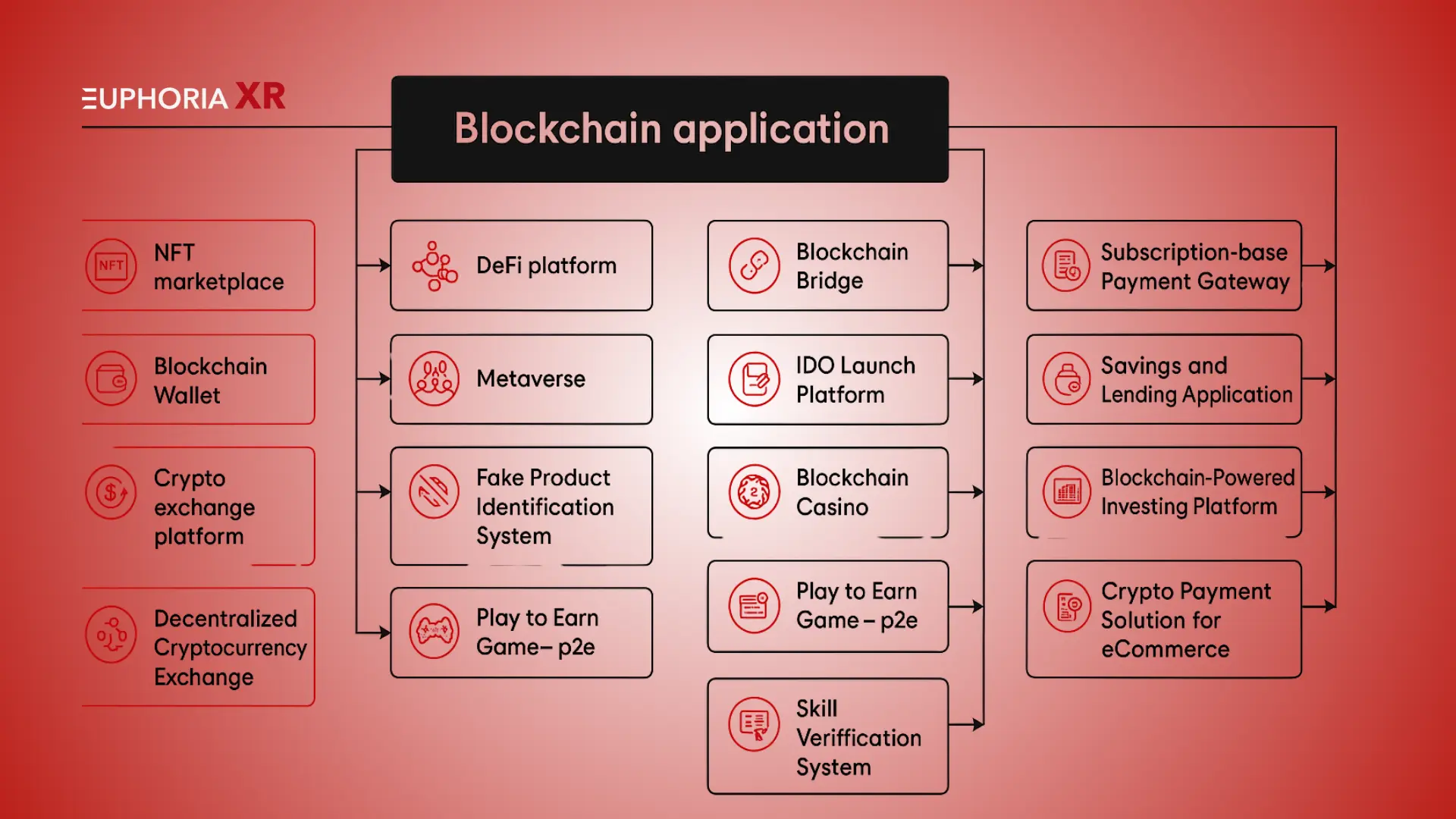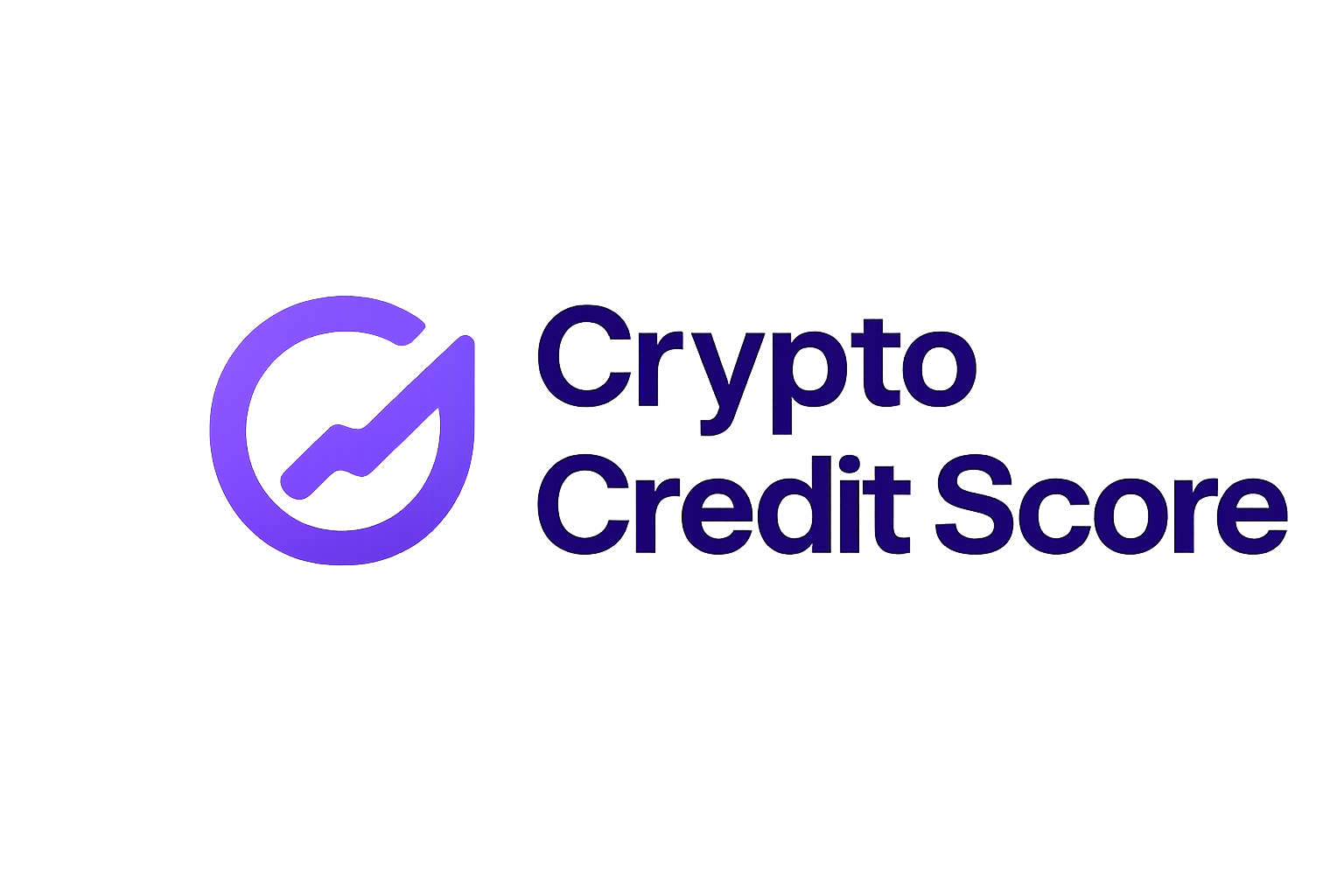
Crypto lending is undergoing a profound transformation. For years, DeFi protocols relied on over-collateralization, requiring borrowers to lock up assets far exceeding the value of their loans. While this model effectively managed risk, it also created barriers for users lacking significant crypto holdings. Today, a new paradigm is emerging: under-collateralized crypto loans powered by decentralized identity (DID) and onchain reputation systems. These innovations are making it possible to assess risk more accurately and extend credit to a broader range of users, without demanding excessive collateral.

Why Over-Collateralization Isn’t Enough
The original promise of DeFi was open, borderless access to financial services. However, most lending platforms have defaulted to strict collateral requirements as their primary risk control mechanism. This approach excludes many would-be borrowers and limits capital efficiency. According to recent research, trillions of dollars could flow into DeFi if under-collateralized lending can be made secure through better risk assessment (see more). The missing link? Reliable ways to measure trustworthiness without traditional intermediaries.
The Role of Decentralized Identity (DID) in DeFi Lending
Decentralized identity for DeFi is redefining how users prove who they are, and what they’ve done, without ceding control over their private data. DID systems empower individuals with self-sovereign identities that can be verified cryptographically on-chain. These identities may include attestations from trusted third parties or proofs of activity collected over time.
Projects like Commons Currency are already demonstrating how DID frameworks can tie unique human identities to financial histories while preserving privacy through zero-knowledge proofs. This means lenders can see that a borrower has a track record, without exposing sensitive personal information.
Building Onchain Reputation: The New Credit Score
Onchain reputation DeFi systems aggregate a user’s public blockchain activity into an actionable risk profile. Factors such as repayment history, participation in DAOs, and transaction patterns all contribute to this profile. AI-powered models like zScore analyze these signals, correlating high scores with responsible borrowing and timely repayments.
The impact is already visible: studies show that users with strong on-chain reputations can see up to a 40% reduction in required collateral compared to those with no established history (learn more here). This not only democratizes access but also incentivizes good behavior within the ecosystem.
DID and Onchain Reputation = Self-Sovereign Creditworthiness
The synergy between DID and on-chain reputation unlocks self-sovereign identity lending, a model where individuals own their data and build creditworthiness transparently across platforms. By combining verifiable digital credentials with transparent transaction histories, lenders gain the confidence needed to offer under-collateralized crypto loans safely.
This approach has the potential to reshape global finance by making credit accessible even for those without extensive crypto assets or legacy banking relationships. As protocols like Reputation DAO integrate off-chain data (such as AML/KYC checks) alongside on-chain behavior, we move closer to a world where digital trust replaces traditional gatekeepers.
However, the transition to under-collateralized lending in DeFi is not without its hurdles. Privacy and security remain top priorities. Borrowers understandably want to protect their personal and financial information, while lenders need assurance that identities are genuine and reputations are not artificially inflated. Sybil attacks, where one user creates multiple fraudulent identities to exploit the system, pose a persistent threat. Fortunately, new privacy-preserving DID frameworks such as LinkDID are emerging, offering robust protection against these exploits by combining zero-knowledge proofs with advanced identity management.
Another critical consideration is standardization. For onchain risk scores and decentralized identity solutions to gain widespread adoption, interoperability between protocols is essential. Without common standards for reputation scoring and identity verification, users may find themselves locked into siloed systems that limit their financial mobility. Industry groups and open-source initiatives are working to address these gaps, aiming for a future where DID credentials and onchain reputations can move seamlessly across lending platforms.
The real-world impact of this innovation is already becoming clear. As more DeFi protocols integrate DID and onchain risk scoring, we’re seeing a marked increase in capital efficiency and participation from previously excluded users. Notably, studies indicate that high-reputation borrowers can reduce their collateral requirements by up to 40%, unlocking new liquidity streams for both borrowers and lenders. This shift is especially significant in regions where access to traditional credit is limited or non-existent.
What’s Next for Under-Collateralized Crypto Loans?
The next wave of growth in DeFi lending will hinge on continued improvements in DID in crypto lending infrastructure and the refinement of onchain risk models. Expect to see greater integration of off-chain data, such as employment history or real-world payment records, with onchain activity to create even richer credit profiles. At the same time, privacy technology will advance to ensure users retain control over sensitive data while still demonstrating trustworthiness.
Lenders stand to benefit from more precise risk assessment tools that lower default rates without the need for excessive collateralization. Borrowers gain access to fairer terms, fostering a virtuous cycle where responsible behavior is rewarded across the ecosystem.
For developers and protocol designers, now is the time to explore how decentralized identity frameworks can be integrated into existing or new platforms. By leveraging open standards and collaborating with reputation system providers, builders can help accelerate adoption while maintaining robust security practices.
Unlocking Capital Efficiency: The Road Ahead
The convergence of decentralized identity and onchain reputation marks a turning point for crypto finance, one that promises greater inclusion, efficiency, and trust without sacrificing user autonomy or privacy. As these technologies mature, under-collateralized lending will become not just an alternative but a primary engine for DeFi growth worldwide.
For those interested in deeper technical details or implementation strategies around DID-powered under-collateralized lending in DeFi protocols, see our comprehensive guides at this resource or this overview.






